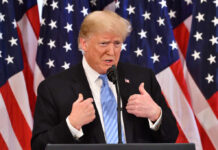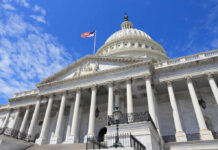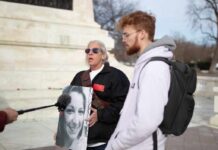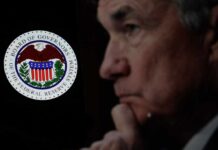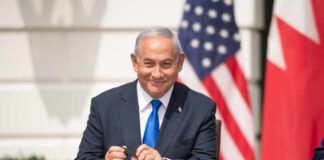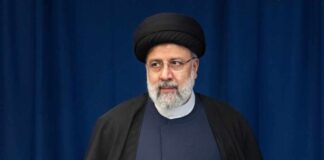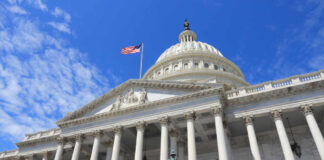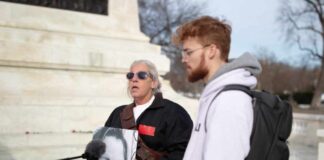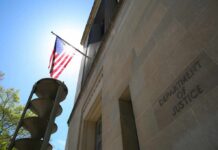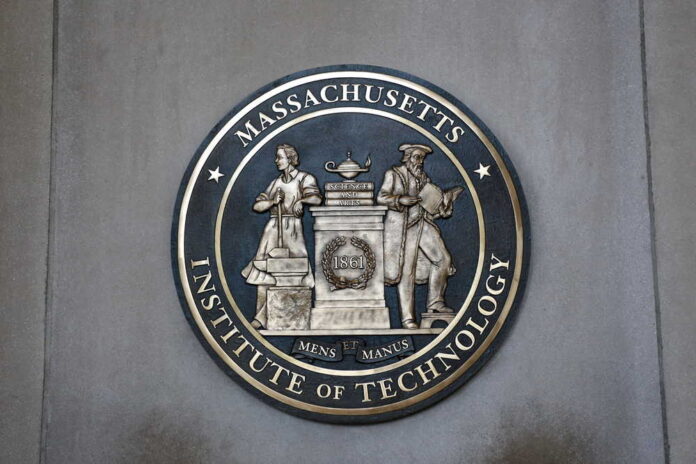
The faculty of Massachusetts Institute of Technology (MIT) has adopted a resolution defending the freedom of speech and expression, including those speeches deemed injurious or offensive.
MIT said it adopted the resolution because free expression is necessary for a diverse and inclusive community.
“We cannot have a truly free community of expression if some perspectives can be heard and others cannot,” MIT said. “Learning from a diversity of viewpoints, and from the deliberation, debate, and dissent that accompany them, are essential ingredients of academic excellence.”
Our press release on the @MIT faculty's vote to endorse a new #freespeech statement: "The MIT Free Speech Alliance has from the beginning advocated the free expression statement’s adoption, and we’re very pleased to see the faculty take this step." (1/6)https://t.co/4aHEU5M3t5
— MIT Free Speech Alliance (@mitfreespeech) December 27, 2022
MIT said it “ unequivocally endorses the principles of freedom of expression and academic freedom” after considering its tradition of celebrating controversial views, provocative thinking and conformity.
The faculty added that free expression promotes creativity through its ability to exchange ideas freely. The faculty stated that while it values civility, mutual respect and a respectful learning and working environment, it can not prohibit speeches that are offensive or injurious to some.
MIT now joins other schools, including the Universities of Oklahoma, Texas, and Chicago, who have voted to protect speech on their campuses.
The University of Chicago ranked as the number one free speech school in America began the movement to protect free speech on campuses in 2016. The university pioneered the movement when it sent a letter to new students promising them an unfettered and uncensored education without protection from disturbing or offensive ideas.
UChicago told the incoming students that they would not be protected from ideas or given safe spaces.
The provision states that the university is fundamentally committed to the principle that debate or deliberation can not be suppressed because the ideas championed are deemed “offensive, unwise, immoral, or wrong-headed.
The statement explicitly stated that students can not “obstruct or otherwise interfere with the freedom of others to express views.”
More than a hundred schools in the U.S. have signed on to protect the freedom of speech on their campuses since UChicago began the movement.



